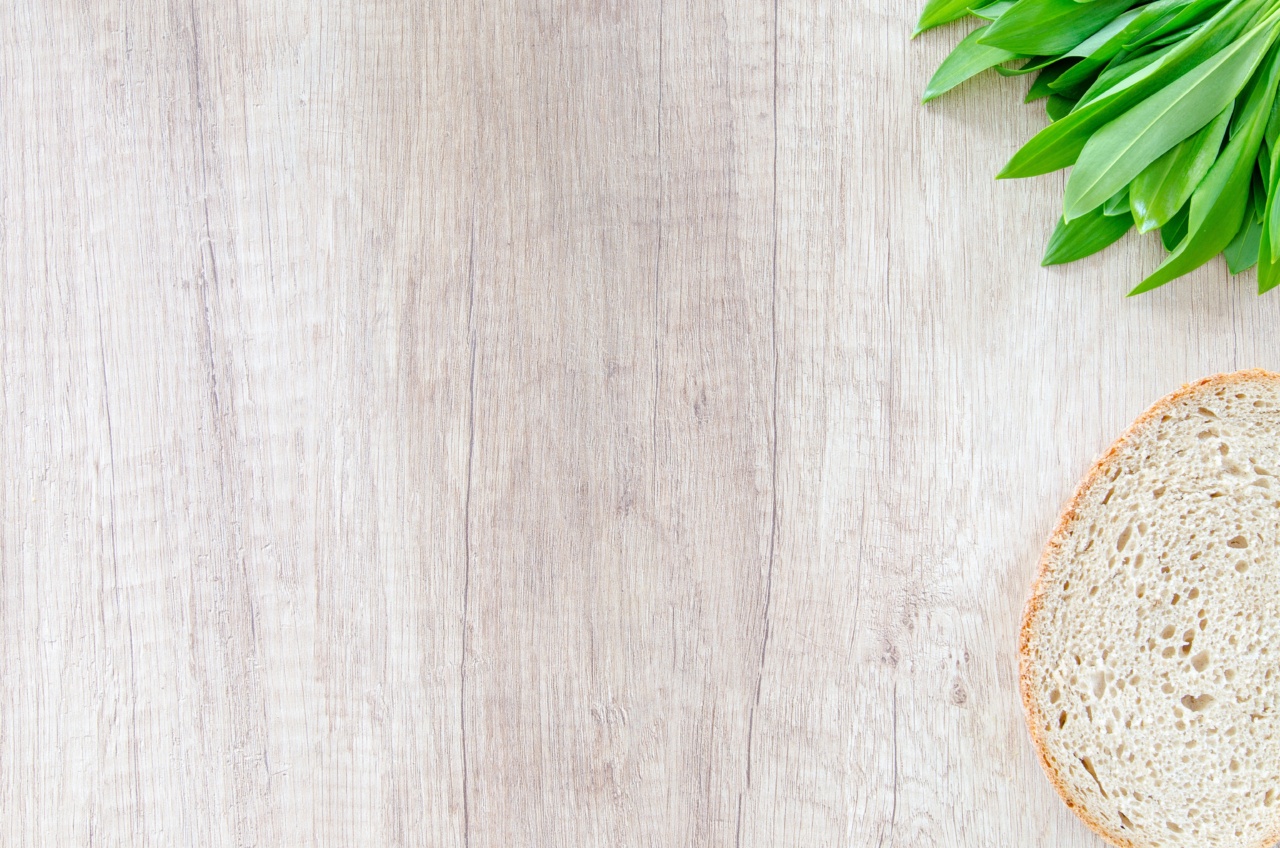When it comes to managing weight, the type of food we consume plays a significant role. Most people believe that consuming rough or high-fiber foods can contribute to weight gain due to the belief that they are higher in calories.
However, the truth may surprise you. In fact, rough food can actually help with weight loss and overall weight management. Let’s uncover the unexpected truth about rough food and weight gain.
Understanding rough food
Rough food is typically known as high-fiber food. These are foods that contain a significant amount of dietary fiber, such as whole grains, fruits, vegetables, legumes, and nuts.
Fiber is a type of carbohydrate that cannot be digested by the body, making it pass through the digestive system mostly intact.
The role of rough food in weight loss
Contrary to popular belief, rough food can actually aid in weight loss. This is due to several reasons:.
1. Increased satiety
Dietary fiber has the ability to increase satiety, meaning it helps you feel fuller for longer. When you consume rough food, it takes longer to chew and digest, which can lead to higher satiety levels and reduced calorie intake.
By feeling satisfied with your meals, you are less likely to overeat or snack on unhealthy foods.
2. Reduced calorie density
Rough foods often have a lower calorie density compared to processed and refined foods. This means they contain fewer calories per gram, allowing you to consume a larger volume of food for fewer calories.
For instance, a cup of broccoli contains fewer calories than a cup of bread. By opting for rough food, you can eat a larger portion size without consuming excess calories.
3. Slower digestion and blood sugar control
Fiber-rich foods slow down the digestion process and help regulate blood sugar levels. This is because fiber adds bulk to the diet, which slows the emptying of the stomach and the absorption of glucose.
By slowing down the release of glucose into the bloodstream, rough food can prevent blood sugar spikes, reducing the likelihood of weight gain associated with insulin resistance.
4. Increased thermogenesis
Rough food requires more energy to digest compared to low-fiber foods. This is known as the thermic effect of food, which refers to the increase in energy expenditure that occurs after consuming a meal.
The digestion and absorption of rough food utilize more energy, leading to a slight increase in calorie burn. Although the effect is minimal, it can still contribute to weight loss over time.
Important considerations when consuming rough food
While rough food can be beneficial for weight loss and weight management, it’s important to keep the following considerations in mind:.
1. Hydration is key
Consuming a high-fiber diet without sufficient fluid intake can lead to digestive discomfort, such as bloating and constipation.
It is essential to drink an adequate amount of water when increasing your fiber intake to ensure proper digestion and minimize any potential side effects.
2. Gradual increase in fiber intake
If you’re not accustomed to consuming a high-fiber diet, it’s best to gradually increase your fiber intake over time. Suddenly increasing fiber consumption can lead to gastrointestinal distress.
Start by incorporating small amounts of fiber-rich foods into your diet and gradually increase the portion sizes as your body adjusts.
3. A well-balanced diet is important
While rough food plays a beneficial role in weight management, it’s crucial to maintain a well-balanced diet. Ensure you’re getting all the necessary nutrients by including a variety of food groups in your meals.
Rough food should be part of a balanced diet that also includes lean proteins, healthy fats, and moderate portions of carbohydrates.
The bottom line
Rough food, or high-fiber food, can be incredibly beneficial for weight loss and weight management.
Contrary to the belief that it contributes to weight gain, rough food actually aids in weight loss through increased satiety, reduced calorie density, slower digestion, blood sugar control, and increased thermogenesis. However, it’s important to stay hydrated, gradually increase fiber intake, and maintain a well-balanced diet for overall health and nutrition.






























